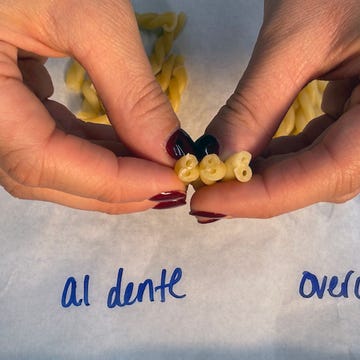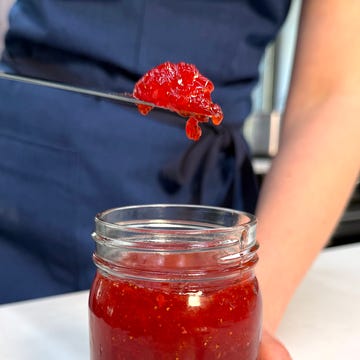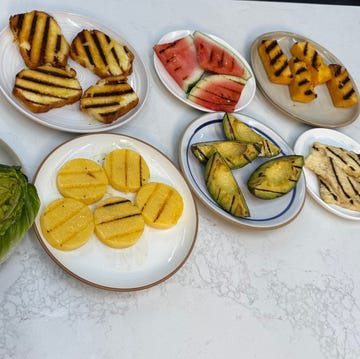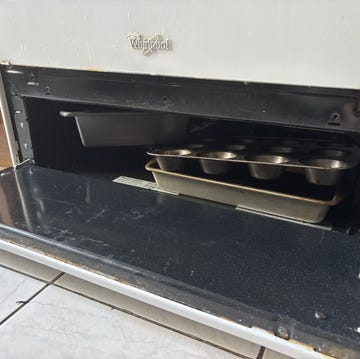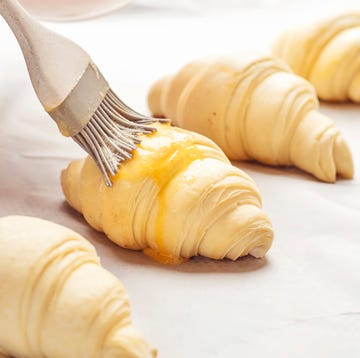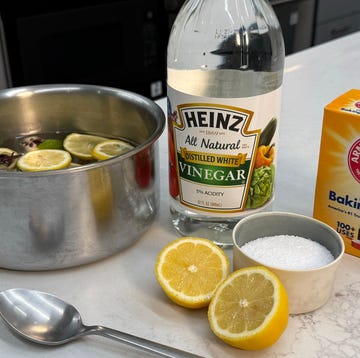There's a lot to love about Thanksgiving, from spending time with your loved ones to watching football to eating some of our favorite holiday dishes. But one of the best parts about the holiday isn't enjoyed until afterward: the leftovers. Whether you start digging into leftovers late on Thanksgiving night or you have pie for breakfast the next day, there are infinite possibilities for repurposing your remaining food.
Why just rehash the same meal over and over again when you can use them in creative ways, like egg rolls and crunchwraps and even potato skins? No matter what you love to do with your leftovers, and depending on your food fatigue or your Black Friday shopping schedule, you might not get around to them right away. But just how much time can you wait before the food goes bad?
It's a complicated question. So get all of the answers, we consulted Janilyn Hutchings, food scientist at StateFoodSafety and a certified professional in food safety, to unpack everything we need to know about Thanksgiving leftovers.
Storing Thanksgiving Leftovers
The first step to keeping leftovers safe is to store them properly. Hutchings said that many Thanksgiving dishes like pies, mashed potatoes, turkey, and stuffing are "time/temperature control for safety (TCS)" foods, which makes them more susceptible to bacteria growth than shelf-stable foods like rolls. These perishable foods are recommended to be put in the refrigerator within two hours of cooking or taking out of the fridge.
While food can be left out for up to four hours, Hutchings said that after that, it should be thrown out. "The reason for that is it only takes 4 hours for germs to multiply to dangerous levels on food between 41°F and 135°F." she said. "If you eat leftovers that have been sitting out too long, you risk getting a foodborne illness."
So, How Long Do Leftovers Last?
Assuming leftovers are stored correctly, Hutchings recommends eating leftovers within seven days of being cooked or opened. But there are a few exceptions. She added that cooked meat and poultry should be consumed within three to four days. Any salads containing macaroni, egg, chicken, ham, or tuna should be eaten within three to five days.
Freezing food is always a solution to having too many leftovers. "Germs can't grow at 0°F, so frozen foods are technically safe to eat indefinitely," Hutchings said. "However, the longer food stays in the freezer, the more its quality is likely to go down."

